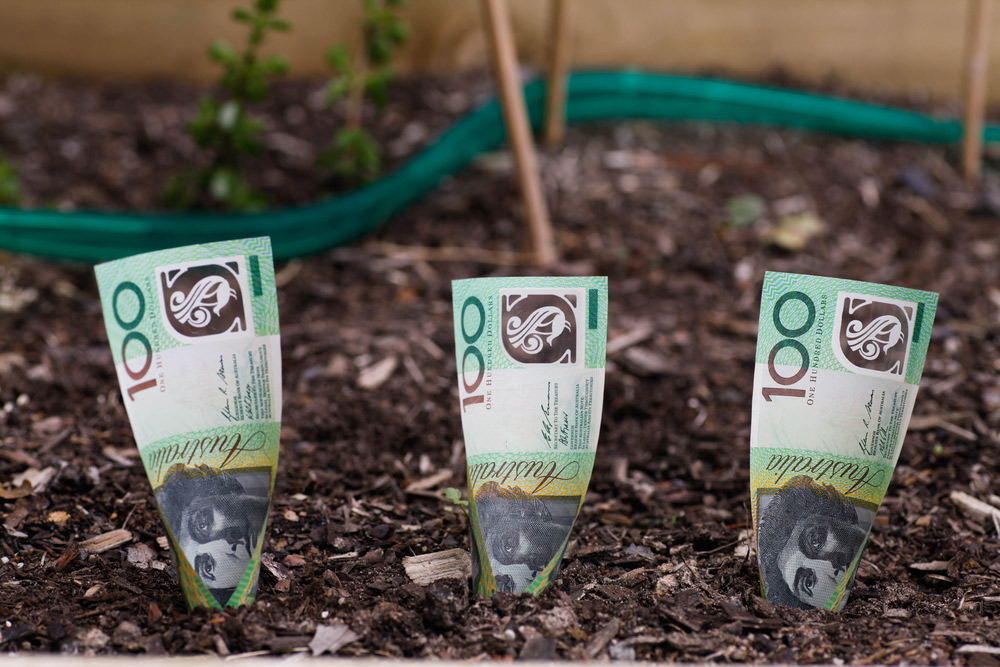4 Crucial Property Questions To Avoid Investor Overwhelm

Part of being a successful property investor is being able to stay across a lot of moving parts. From analysing the value of different areas or types of property, to understanding inflation and different kinds of loan structures. It’s information overload and at times can feel overwhelming.
Information overload can lead to something we call “analysis paralysis” meaning, with so many decisions to make, you can’t make any. You get stuck, you freeze up and you let opportunities slip away.
Knowing this is normal and everyone feels overwhelmed at times can help, but there are also some practical questions you can ask yourself to stop things getting on top of you.
Am I Happy to Own This Property Forever?
Whether you strike gold with a property that starts generating cash flow and capital growth from day one, or you’re in it for 10-15 years before you start to see some really great cash benefits, is immaterial.
The fact is you don’t know for sure what your property is going to do, so before you buy it you need to ask, am I happy to own this property forever, or as long as it takes? If the answer is no, don’t buy it.
Property investment is a marathon, not a sprint, and if you aren’t in it for the long game, you won’t reap the kinds of rewards you need to generate some passive income and live the life you’re dreaming of.
Does This Property Diversify My Portfolio?
When some property investors start out, many decide to buy in the same location where they live and work. It can feel safer to be able to see the properties you’re buying, in an area you already know.
But a truly booming portfolio is a diverse one. Buying in different areas and economies, having a mix of apartments and houses, and buying in different states, all allow you to benefit in different ways, from different kinds of cash flows and tax breaks. Going with what feels safest, isn’t always smartest.
Will This Property Create Cash Flow?
Your one true aim as a property investor is to own properties that give you passive income, i.e., cash flowing in that you don’t have to work for and that can, in part or entirely, replace your current job.
Properties that do that may not be the ones that increase in capital growth the most, but rather are the properties you can rent out at good rates, and be able to regularly increase those rent rates as the years go on. These are the properties in areas that people want to live and that tenants earn good incomes.
Other properties that can create good cash flow include ones that can be subdivided, so one title but two dwellings, giving you twice the rental income. Look at how your property is going to create cash flow before you buy.
Will This Property Give Me Back My Deposit Amount Quickly?
If you’re looking to create a property portfolio, one of the key strategies is to make back the deposit amount you have put into one property as fast as possible.
As soon as you can pull that equity out of the property to use as the deposit on the next investment property, the faster your portfolio can start to grow and flourish.
Before you make a purchase make sure to do the numbers and have a plan so you know exactly when you can start to move forwards and build your future wealth.
Avoid Overwhelm with Strong Plan
Let the experts at Positive Real Estate help you establish a strong investment strategy so you can avoid information overload and be undeterred in your pursuit of financial freedom.
Join our free property investing seminar.
Sign up for one of our information and education events, where you’ll be equipped with the tools, resources and support to thrive, and not fall behind on your path to generating wealth and creating long-lasting security.
Book your spot now and find out what you need to know about the current market landscape and how you can make it work for the ultimate wealth creation opportunities.
Recent Articles
House vs Apartment – Which Is Better for Capital Growth?
Many property investors favour one type of property – either apartments or houses. While there are pros and cons to both, which we will discuss here, one of the often forgotten advantages of houses is the investment you’re making not only in the bricks, but also in the land. Land value in itself increases over time, and investment in a piece of land also provides opportunity to renovate, subdivide and develop, all of which lead to greater capital growth.
Use Equity To Create Cashflow in 4 Simple Steps!
Equity is an interesting topic when it comes to real estate. Smart property investors know that equity can play a key part in creating passive income that accumulates over time, allowing us to eventually work less and ultimately do more of what we love. But in order to be able to use equity to create passive income, there are some important steps property investors need to take right at the beginning of their journey.
Economy Bounce-back Better Than Expected, What Investors Need To Know
Bouncing back much faster – and stronger – than predicted post-COVID, the Reserve Bank of Australia (RBA) is anticipating a good end to 2021, and a great 2022. But with so much uncertainty over the last 12 months, it’s hard to know if this economy is here to stay, and if so, how it will impact property investors in the long-run.
The Equity Tactic For Excelling Your Property Portfolio
While long term we know that cash flow is dependent on a good rental income, capital growth is the quickest way our property can pay us back. This comes down to having some smart tactics to get the most out of every dollar of value in our investment properties – something we like to call equity lock.
Are You at Risk of Losing Millions?
Considering that all major Australian cities are coastal, and most of the richest neighbourhoods are beachside, the growing threat of severe weather incidents due to global warming throws a serious spanner in the works when considering where to buy and invest. If you’re a climate change sceptic, we’re not here to judge. But that position isn’t going to help you if the institutions you rely on to protect your assets won’t have a bar of your $3 million beachfront house.
The Best Home Loan for Property Investors
Deciding on the right loan structure as a property investor, is a little bit like choosing the right outfit on a first date. It depends on what stage of life you’re at! If you’re new to the game, something a little daring might work best. Later on, you might want to play it safe. It’s the same for property investment and the stage you’re at reflecting how risky or safe your loan structure needs to be. Here we weigh up the pros and cons of principle and interest loans vs interest only loans for property investors.
The Three Golden Rules of Selling an Investment Property
Rules are an important part of life. And rules in most cases, are really just another word for common sense. They give us a clear framework around many important aspects of life, so it’s no surprise when it comes to selling your investment property, there’s a number of rules you need to follow in order to get the best result.
If you want to know when to sell an investment property, or even if selling an investment property is a good idea, all you have to do is read the rules.
Use Debt To Create Wealth in 3 Simple Steps
Most of us were raised with the idea that debt is bad. Debt drags you down. Rich people are never in debt.
While that may have been true for our great grandparents, it’s no longer the case. Debt is one of the keys that can unlock future wealth as a property investor. The more good debt you have, the more income you can create.
But, before you go out and put yourself $1 million in the hole, let’s talk about the right kinds of debt. The debt that’s going to lead to success, not ruin. This is called…
Harness Data To Help Guide Property Investor Profits
I’m sure you’ve heard – data is the new currency. It’s the next big thing for business and it will be a catalyst for driving the world forward over the next few years. Learning how to harness the power of data in property investing, will be a secret weapon all investors can use to create more wealth. So, what is data? It’s information, insights and predictions that property investors can use to help them make smart property purchases.












